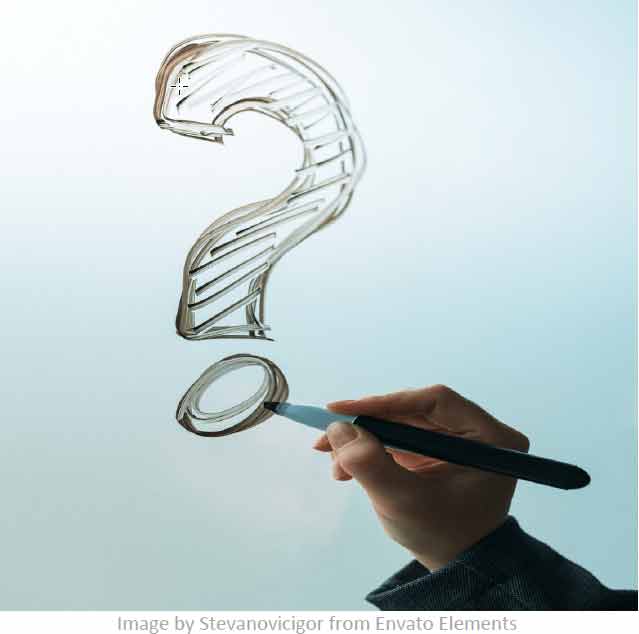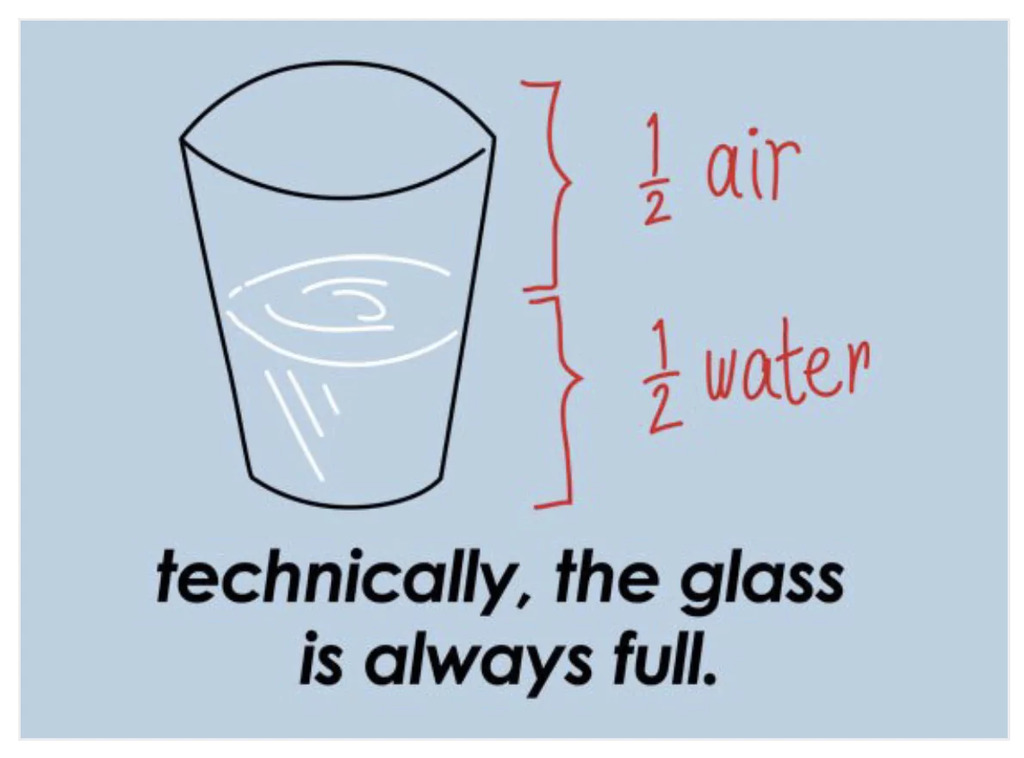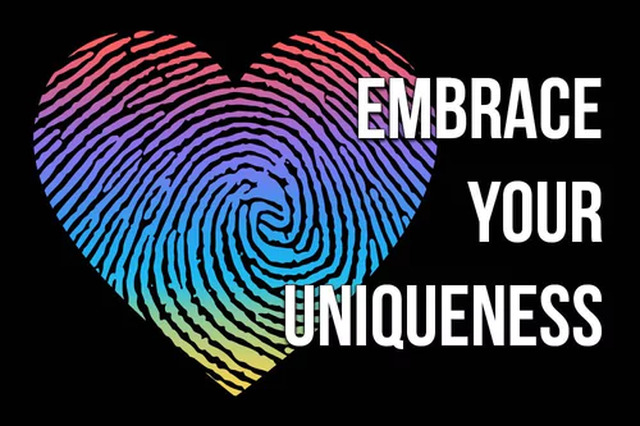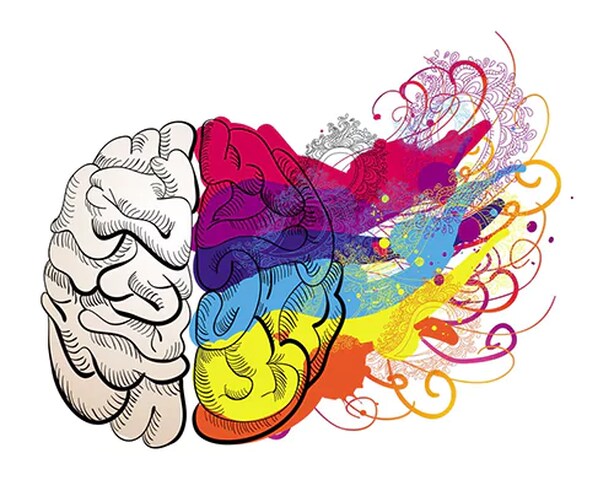By using our website, you agree to the use of cookies as described in our Cookie Policy

Post By: Vanessa Bibliowicz
“Doubt is not a pleasant condition, but certainty is absurd.” — Voltaire
For many, dealing with uncertainty leads to high levels of anxiety, and one reason why is our need for control and decision making. The kind of decision making that allows us to predict what our day looks like or schedule a dinner date a month out.
We try really hard to govern our lives, and a sense of certainty is needed for such a task.
The thing is, certainty is an illusion —one that most of us are deeply deceived by.
Humans have done an excellent job in creating a false sense of certainty, and that belief system has allowed us to perceive life as if we know what comes next.
So, if Voltaire is right and certainty is absurd, why are most of us fooled?
Well, it might be because our brains are wired that way. The brain has been trained to predict so that it can make decisions, and if put in stressful uncertainties, it will come up with worst-case scenarios. In our ancestors' time, that quality was essential for survival —but now that the danger is not being attacked by a wild animal— that wiring causes us more harm than good.
With today's COVID 19 pandemic, many of us are grappling with ambiguities, and our brain's predisposal to form worst-case scenarios is causing excessive amounts of anxiety and fear! The predictions we had for our health, finances, and future are all up in the air, and achieving peace of mind might seem impossible.
But here’s the thing, your predictions were nothing more than thoughts – they were artificial.
Spiritual teachers from around the world have been teaching mindfulness and meditation practices to combat our brains tendency to worry. One of those spiritual teachers is Eckhart Tolle, and he believes that we should realize deeply that the present was all we ever had and make NOW the focus of our life.
He teaches that if you can live moment by moment (but truly one moment at a time), you will have the ability to notice most moments are pleasurable and not full of suffering. More importantly—life might not just flash before you.
Maybe, crisis such as this one can become an opportunity to revisit ‘reality’, or as philosopher Alfred Korzybski meant when he said, "[our] map is not the territory.”
Professor and writer, Joseph Campbell spent much of his life studying peoples view of the world by juxtaposing mythology to human experience. He believed that an individuals’ life and their reality (similar to the typical hero in popular mythology) is made up of three phases:
- The garden of innocence
This is a time when you see life as innocent, radiant, and full of brilliance. Some people leave this stage as early as when they come out of their mother’s womb — others later on—but regardless, it is a matter of time until your forced onto the next stage. - The dessert and exile
In this stage, you become exiled from yourself and your inner wisdom. We are not connected to anything of real importance, and we live a life half numb. You could even question if in fact, you are alive or just in a state of fog:“The question is not whether life exists after death. The real question is whether you are alive before death.”
-Osho - The call to return
If you are lucky (and with COVID-19, I guess many of us are), you enter this stage. It comes in the form of a crisis, and it is calling you back to become a direct presence in the world — to live!
This is why I believe we can view this challenging time as a wakeup call and an opportunity to see that there is so much wrong with our maps.
Maybe, we can all — individually and collectively — explore what is really important, what we need to accomplish, and come to terms with the reality that life is uncertain, there is a death, and it can arrive at any time.
Like the brilliant Irvin Yalom said, "The physicality of death destroys us, but the idea of death may save [us]."
I believe there is much hope in these uncertain times, and with the many struggles that will come there is the possibility for beautiful change. A change that will bring into awareness the fragility of life and the value we should give to each moment.
‹ Back














